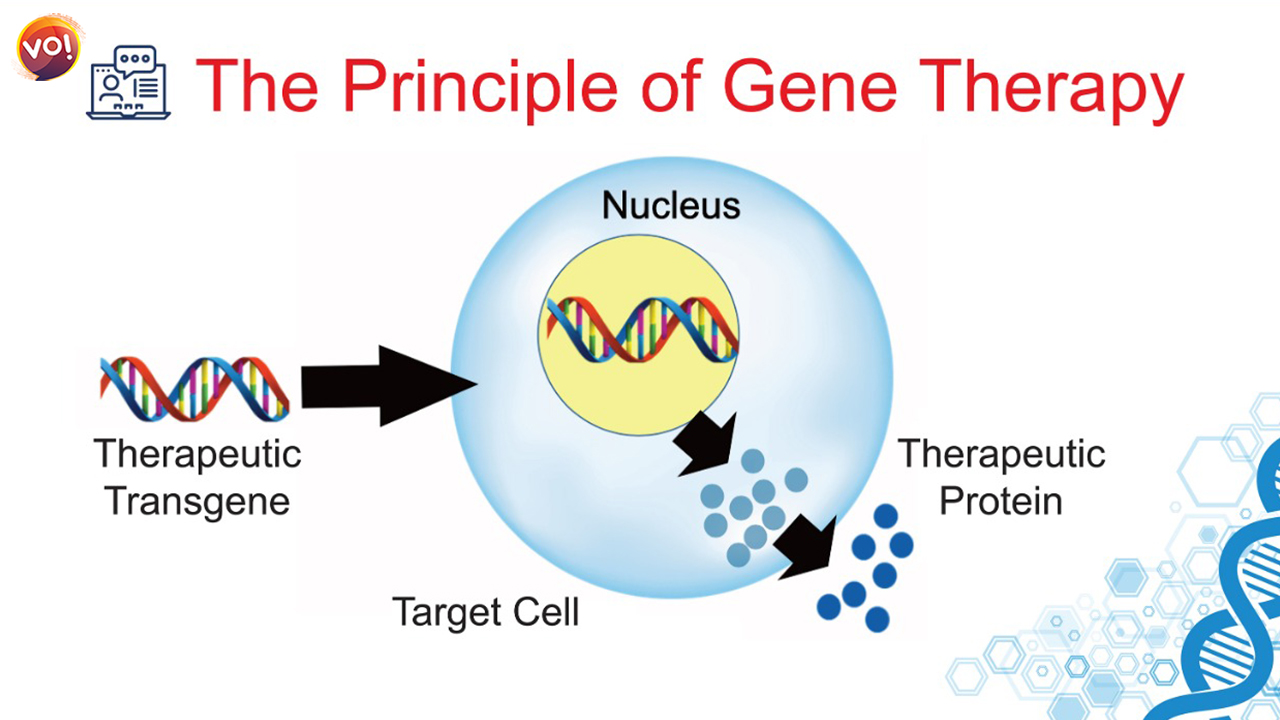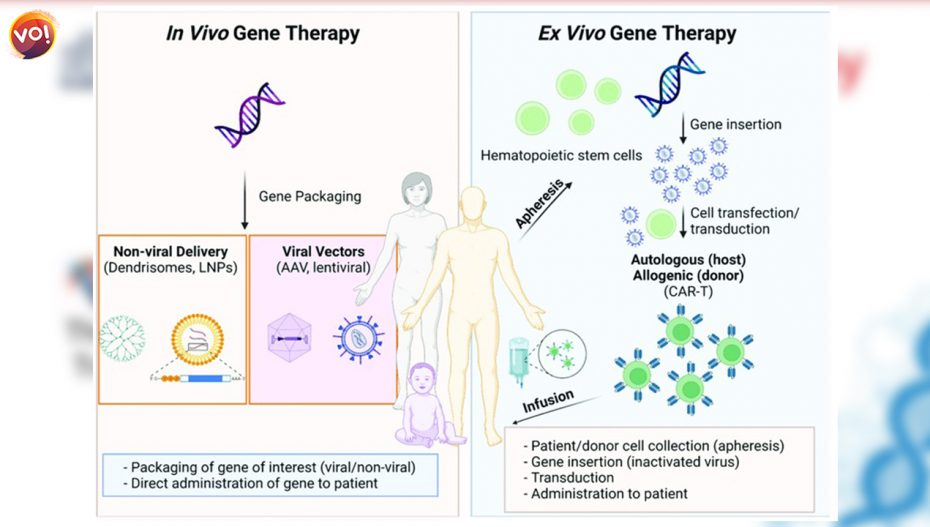The Talking Point: Gene Replacement Therapy is giving a longer lease of life, especially to children with terminally ill diseases. It is being used with positive results towards increasing the earlier thought life span in such cases.
But it has been around for a while: True. But latest research means some children who once would have died at an early age, or required an exacting stem cell transplant, are now having typical life experiences, such as attending school and living at home with their families.
What is it all about? Simply put, gene therapy replaces a faulty gene or adds a new gene in an attempt to cure disease or improve your body’s ability to fight disease. Gene therapy holds the promise for treating a wide range of diseases, such as cancer, cystic fibrosis, heart disease, diabetes, haemophilia and AIDS.

As reported in “New Scientist”: Donald Kohn at the University of California, Los Angeles, and his team are trialling a gene therapy – in which disease-causing versions of genes are replaced with normally functioning versions – for leukocyte adhesion deficiency type-1 (LAD-1). This rare condition is caused by mutations of the ITGB2 gene. LAD II is caused by mutations of the SLC35C1 gene. The genetic defect in LAD III is a mutation in the gene for Kindlin 3, a protein essential for all integrins activation.
Likely consequences of LAD-1: Individuals with leukocyte adhesion deficiency commonly suffer from bacterial infections beginning in the neonatal period. Infections such as omphalitis, pneumonia, gingivitis, and peritonitis are common and usually life-threatening due to the inability to destroy the invading pathogens. It is a primary immunodeficiency that causes individuals to be abnormally susceptible to developing frequent soft-tissue infections, gum inflammation, and tooth loss.
Currently: The only cure for LAD1 is hematopoietic stem cell transplantation, which remains a risky procedure with serious health complications of its own.
In simple terms: When the gene goes wrong (and scientists are still studying the reasons behind), the system fails to live a regular life. It is like a steady deterioration. However, replacing the faulty gene with a therapeutic one, seems to emerge a possible answer.
How is it done? The techniques are grouped into three categories:
- Gene augmentation therapy.
- Gene inhibition therapy.
- Killing of specific cells.
In order to insert new genes directly into cells, scientists use a vehicle called a “vector” which is genetically engineered to deliver the gene. Viruses, for example, have a natural ability to deliver genetic material into cells, and therefore, can be used as vectors.
Is this new therapy safe? Because gene therapy techniques are relatively new, some risks may be unpredictable; however, medical researchers, institutions, and regulatory agencies are working to ensure that gene therapy research, clinical trials, and approved treatments are as safe as possible.
What diseases can be cured by gene therapy:
Immune deficiencies. Several inherited immune deficiencies have been treated successfully with gene therapy: Hereditary blindness, Haemophilia, Blood disease, Fat metabolism disorder, Cancer.
All said and done: Research is still on but the results so far have been encouraging.
Also Read: Key To Happiness? It’s All In Your Food!












